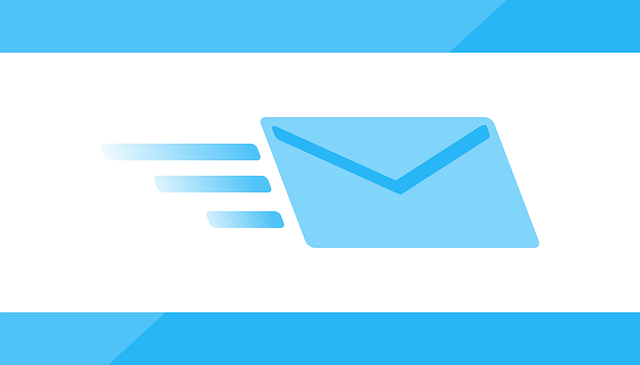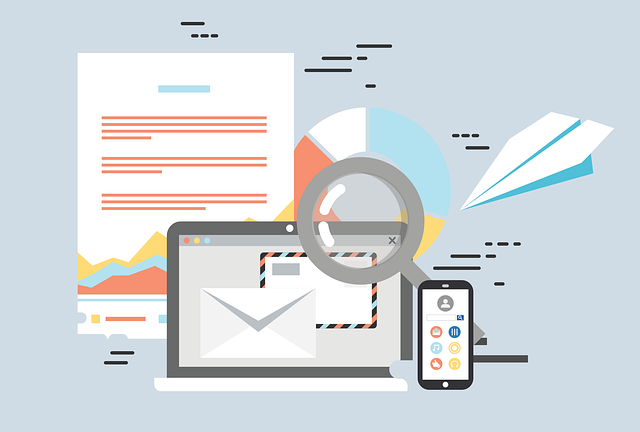Are you ready to revolutionize your marketing strategy and take your B2B business to new heights? Look no further, because we’re about to unveil the ultimate battle: B2B Email Marketing vs. SMS Marketing.
In a world where time is money and attention spans are dwindling, finding the most effective marketing approach is crucial. And that’s where this showdown comes into play.
Prepare to be amazed as we delve into the captivating realm of B2B Email Marketing. Discover how personalized, targeted, and data-driven emails can captivate your audience, boost engagement, and skyrocket your conversion rates.
But hold on tight, because SMS Marketing is here to challenge the throne. Explore the power of direct, instant, and concise messaging that can cut through the digital noise and reach your prospects where it matters most.
In this article, we’ll dive into the nitty-gritty details, comparing the effectiveness of these two marketing giants. We’ll explore their impact on target audience engagement, measure their success and return on investment, and uncover the secrets to integration and a multi-channel approach.
Get ready to make an informed decision on which path will lead your business to triumph. The battle begins now!
Key Takeaways
- B2B Email Marketing offers personalized, targeted, and data-driven emails, resulting in higher open rates and click-through rates, stronger relationships, more sales, and revenue.
- SMS Marketing provides quick and direct communication with potential customers, personalized messages, targeted campaigns, instant message delivery, accessibility, and enhanced customer retention.
- Effective SMS marketing strategies include targeting, personalization, compliance, segmentation based on demographics and purchasing behavior, automation for timely messages, and monitoring and analyzing customer responses and engagement metrics.
- Choosing the right approach, whether B2B Email Marketing or SMS Marketing, is crucial in integration and multi-channel B2B marketing, and it depends on specific business needs, target audience, and understanding audience preferences.
Understanding B2B Email Marketing
Now, let’s dive into the world of B2B email marketing and discover how it can work wonders for your business!
Email automation and personalization are two powerful tactics that can significantly boost your marketing efforts. With email automation, you can set up targeted campaigns that reach your audience at the right time, increasing engagement and conversions.
Personalization allows you to tailor your messages to each recipient’s needs and preferences, creating a more personalized experience that drives better results. Studies have shown that personalized emails have higher open rates and click-through rates compared to generic ones.
By leveraging these strategies, you can build stronger relationships with your prospects and customers, ultimately driving more sales and revenue.
Now, let’s explore sms marketing and see how it compares to email marketing.
Exploring SMS Marketing
When it comes to B2B businesses, SMS marketing offers several advantages. It allows for quick and direct communication with potential customers, ensuring that your messages are seen and read. Additionally, SMS marketing strategies, such as personalized messages and targeted campaigns, can greatly increase engagement and conversion rates.
Looking at successful case studies of SMS marketing campaigns can provide valuable insights and inspiration for your own B2B marketing efforts.
Advantages of SMS Marketing for B2B Businesses
Although often overlooked, SMS marketing offers numerous advantages for B2B businesses. Instant message delivery ensures that your prospects receive your message in real-time, increasing the likelihood of engagement. Additionally, SMS marketing allows you to reach your prospects wherever they’re in a meeting, on the go, or simply away from their email. This accessibility enhances customer retention as it ensures that your message is not lost among a cluttered inbox. Furthermore, SMS marketing enables personalized messaging, allowing you to tailor your communication to individual prospects and build stronger relationships. These advantages prove that sometimes, simplicity is key when it comes to effective marketing strategies. By leveraging SMS marketing, you can ensure that your message is delivered promptly and resonates with your prospects.
Transitioning into strategies for effective SMS marketing, let’s explore some techniques to maximize your B2B success.
Strategies for Effective SMS Marketing
One key aspect to consider when implementing SMS marketing is the use of targeted and personalized messages to enhance customer engagement and foster stronger relationships. By utilizing personalization techniques, such as addressing customers by name and tailoring messages to their specific needs and preferences, businesses can significantly increase the effectiveness of their SMS marketing campaigns. Compliance regulations must also be followed to ensure that messages are sent to customers who’ve given their consent and that they include an option to opt-out.
To achieve success in SMS marketing, consider the following strategies:nn1. Segment your audience based on demographics and purchasing behavior to deliver relevant content.nn2. Use automation to send timely and personalized messages, such as birthday greetings or abandoned cart reminders.nn3. Monitor and analyze customer responses and engagement metrics to continuously improve your SMS marketing strategy.
By implementing these strategies, businesses can maximize the impact of their SMS marketing campaigns.
In the following section, we’ll explore case studies of successful SMS marketing campaigns to provide further insights into their effectiveness.
Case Studies of Successful SMS Marketing Campaigns
Let’s take a look at some real-life examples of successful SMS marketing campaigns that have achieved impressive results. These case studies highlight the best practices for SMS marketing and provide valuable insights for businesses.
One such example is Subway’s SMS campaign, where they offered a free sandwich to customers who signed up for their text messaging program. This resulted in a significant increase in customer engagement and a boost in sales.
Another successful case study is from Walgreens, who used SMS marketing to send out prescription refill reminders to their customers. This not only improved customer satisfaction but also increased their prescription refill rates.
These success stories demonstrate the power of SMS marketing in reaching and engaging with the target audience.
Now, let’s explore how to effectively target your audience and drive engagement in the next section.
Target Audience and Engagement
Engaging your target audience is crucial for effective B2B email and SMS marketing campaigns. It’s the key to capturing their attention and igniting their interest. By employing audience segmentation, you can tailor your messages to specific groups. This ensures that the content resonates with their unique needs and interests. Personalized communication further enhances engagement. It shows that you understand their pain points and can provide solutions. According to a study by Campaign Monitor, personalized emails have a 26% higher open rate than generic ones. Similarly, SMS marketing boasts an impressive open rate of 98%. This makes it an effective channel for engaging with your target audience. To measure the success and ROI of your campaigns, you need to track metrics such as click-through rates, conversions, and customer lifetime value. This data will help you optimize your strategies and achieve even greater results.
Measuring Success and ROI
Measuring the success and ROI of your campaigns is like using a compass to navigate through uncharted waters, providing valuable insights to optimize your strategies and achieve even greater results.
When it comes to tracking analytics, both b2b email marketing and SMS marketing offer robust measurement tools. With email marketing, you can track open rates, click-through rates, and conversion rates to gauge the effectiveness of your campaigns.
SMS marketing, on the other hand, allows you to track delivery rates, response rates, and conversion rates. By analyzing these metrics, you can identify areas for improvement and make data-driven decisions to enhance your marketing efforts.
Furthermore, both channels provide valuable data on customer engagement and behavior, enabling you to tailor your messaging and offers to increase conversion rates.
In the end, measuring success and ROI is crucial for optimizing your marketing strategies and achieving better results.
Transitioning into the next section, integrating a multi-channel approach can further amplify your marketing efforts.
Integration and Multi-channel Approach
Now that you’ve learned about measuring success and ROI in b2b email marketing and sms marketing, it’s time to explore the importance of integration and a multi-channel approach.
A well-executed integration strategy allows you to synchronize your marketing efforts across different channels, ensuring a consistent brand message and a seamless customer experience. By incorporating both email and SMS marketing into your overall strategy, you can reach your audience through multiple touchpoints, increasing the chances of engagement and conversions.
Additionally, customer journey mapping can help you identify the most effective moments to deploy email or SMS campaigns, ensuring that you’re delivering the right message at the right time.
With a comprehensive integration and multi-channel approach, you can maximize your marketing efforts and drive better results.
Now, let’s dive into the next section and explore how to choose the right approach for your business.
Choosing the Right Approach
When considering the integration and multi-channel approach in b2b marketing, it’s essential to carefully evaluate and select the most suitable approach for your specific business needs and target audience. To maximize conversions and effectively engage your audience, it’s important to choose the right approach between b2b email marketing and SMS marketing.
Both channels have their advantages, but personalized messaging plays a crucial role in driving results. B2B email marketing allows for detailed and personalized content, enabling you to tailor your message to the individual recipient.
On the other hand, SMS marketing offers a more immediate and direct form of communication, perfect for time-sensitive promotions or urgent updates. By understanding your audience and their preferences, you can choose the approach that best suits your goals and maximize the effectiveness of your marketing efforts.
Frequently Asked Questions
Can B2B email marketing be used for lead generation and nurturing?
Of course! B2B email marketing is an incredibly effective tool for lead generation and nurturing. With its targeted approach, you can reach potential customers directly in their inbox, increasing the chances of conversion.
Plus, email marketing allows for personalized communication, helping to build relationships with leads. In fact, studies show that B2B email marketing is not only effective for lead generation but also for customer retention, making it a valuable tool for businesses in every stage of the customer journey.
How can SMS marketing be personalized and customized for B2B audiences?
To personalize SMS marketing for B2B audiences, you can use personalization techniques. These techniques include addressing recipients by name, tailoring messages to their specific needs, and segmenting your audience based on their preferences.
The benefits of SMS marketing for B2B are numerous. It has higher open rates, quicker response times, and increased engagement. According to data, SMS messages have an open rate of 98%, and 90% are read within 3 minutes.
By utilizing these personalization techniques, you can make your SMS marketing campaigns more effective and drive better results.
What are some effective strategies for increasing engagement in B2B email marketing campaigns?
To increase engagement in your B2B email marketing campaigns, focus on personalization techniques that resonate with your audience. Use data-driven insights to tailor your content and address their pain points directly.
Optimize email subject lines to grab attention and entice opens. Incorporate dynamic content and interactive elements to keep readers engaged.
Don’t forget to include clear call-to-actions and track your metrics to continuously improve your strategies. Remember, engaging your B2B audience is all about delivering relevant, valuable content that speaks directly to their needs.
Are there any legal considerations or regulations to be aware of when implementing SMS marketing?
When implementing SMS marketing, there are important legal considerations and opt-in regulations to be aware of.
It is crucial to obtain explicit consent from customers before sending any promotional messages. Additionally, you must provide a clear opt-out option for recipients who no longer wish to receive your messages.
Failure to comply with these regulations can result in hefty fines and damage to your brand reputation. By following these guidelines, you can ensure a legally compliant and effective SMS marketing campaign.
How can businesses effectively integrate both email and SMS marketing into their overall marketing strategy?
To effectively integrate both email and SMS marketing into your overall strategy, start by measuring their effectiveness separately.
Imagine your marketing strategy as a symphony, with email acting as the melodic strings and SMS as the percussive beats. Analyze open rates, click-through rates, and conversion rates for each channel.
Then, combine their strengths to create a harmonious campaign that resonates with your audience. For example, send a captivating email with a clear call-to-action, followed by a timely SMS reminder.
Conclusion
In conclusion, when it comes to B2B marketing, both email marketing and SMS marketing have their merits. However, if you’re looking for a more effective approach, the data suggests that email marketing takes the lead.
According to a recent study, B2B marketers reported an average ROI of $42 for every dollar spent on email marketing campaigns. This statistic highlights the power of email in driving results and generating a high return on investment.
So, if you want to maximize your marketing efforts, consider incorporating email marketing into your strategy.

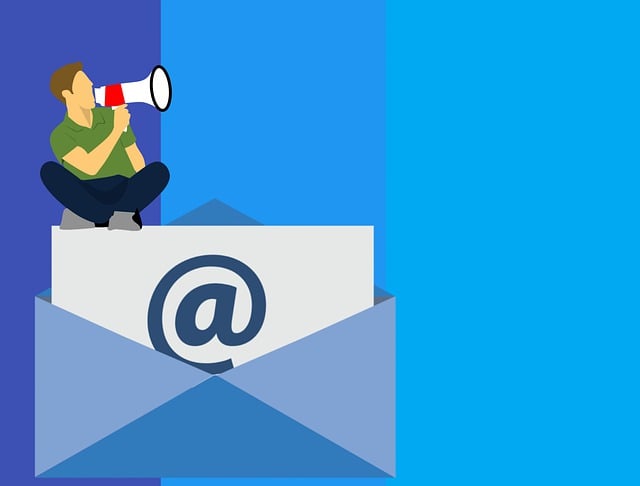
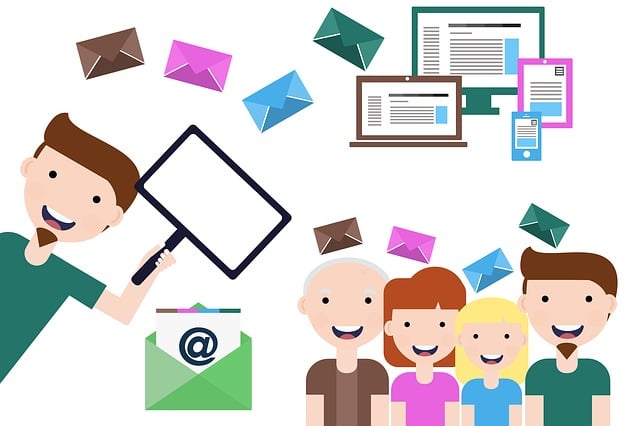
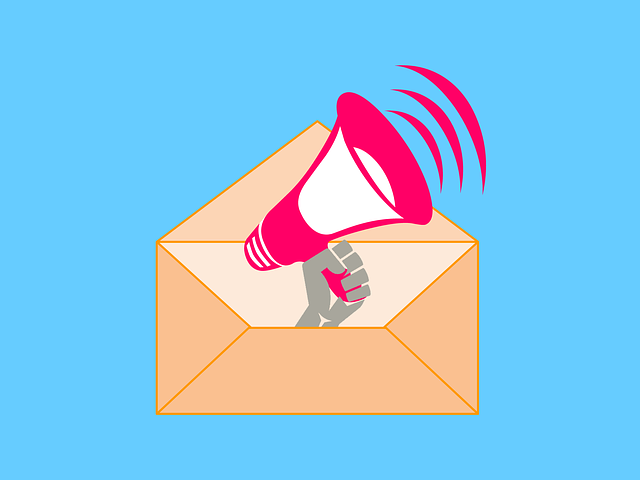

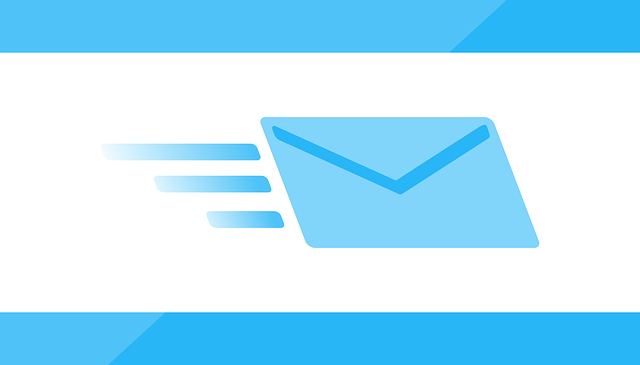


![An image showcasing the evolution of B2B email marketing: a futuristic email inbox displaying personalized messages, interactive elements, automation workflows, advanced analytics, seamless integrations, and optimized mobile experiences, representing the 6 trends to watch in [Current Year]](https://incomeroar.com/wp-content/uploads/2023/07/6-b2b-email-marketing-trends-to-watch-in-current-year.png)
